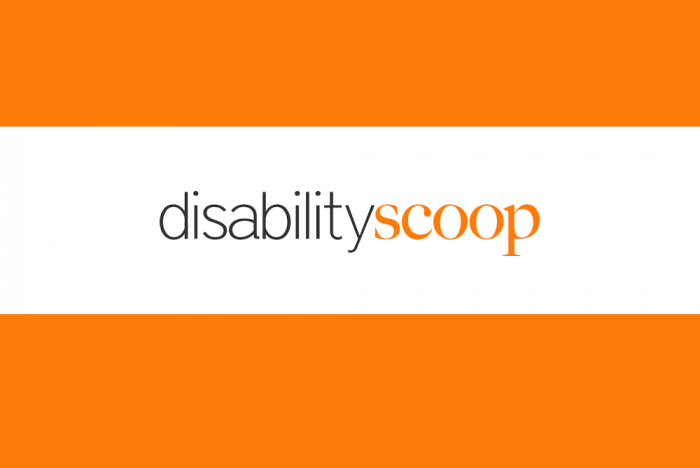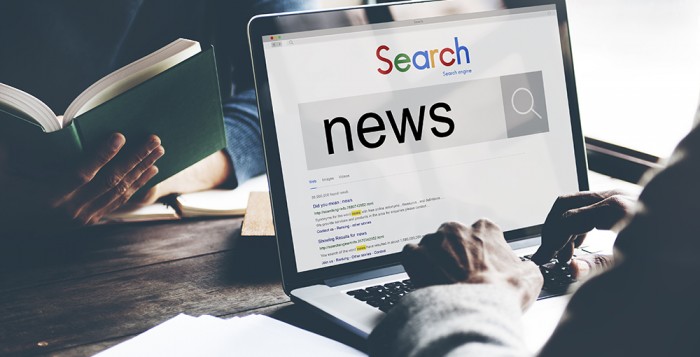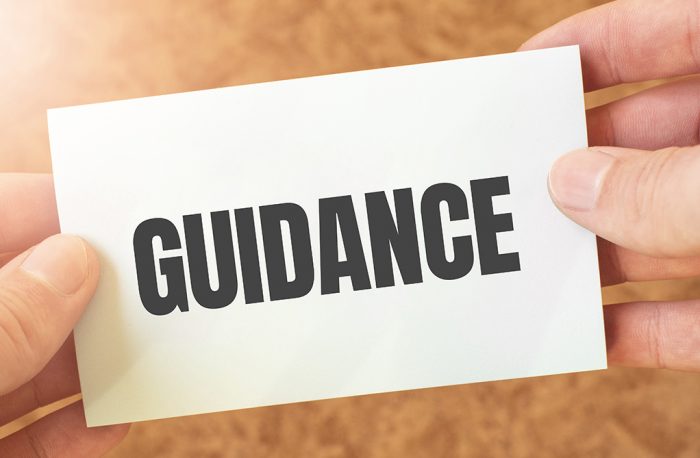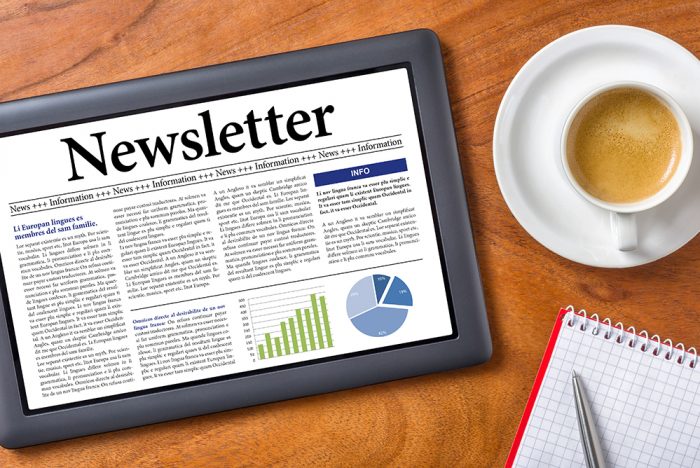Who’s Sounding Alarms: Nursing Homes and IDD Care Providers (RCPA Study Cited)
Source: BizNewsPA, Friday, March 3, 2023
WHO’S SOUNDING ALARMS: Organizations that represent nursing homes and care providers for people with intellectual disabilities. The organizations are warning of continued labor shortages that are jeopardizing access to care. Providers have struggled to attract workers in the wake of the Covid-19 pandemic.
- Nearly one-third of nursing homes in Pennsylvania have at least 21 openings for direct-care providers, according to a new report by the Pennsylvania Health Care Association, which says inadequate staffing leads nursing homes to deny entry to people seeking care.
- In the world of services for people with intellectual disabilities and autism, staff shortages and underfunding have spurred an 11% drop in the number of people being served over the last three years, according to research by the Rehabilitation and Community Providers Association, Pennsylvania Advocacy and Resources for Autism and Intellectual Disability and The Provider Alliance.
- The groups described the care system for people with intellectual disabilities as being in a state of collapse.
The bottom line: Provider groups have been pressing for increases in state and federal aid to cope with rising costs and growing demand for services.
- Their new research comes ahead of next week’s budget address by Gov. Josh Shapiro, scheduled for March 7.
Registration for the RCPA PAC Golf Outing is Now Open!
Enjoy golfing? Join RCPA for an afternoon of golf on Wednesday, May 10, 2023, immediately following the RCPA Annual Membership Meeting. The event will be held in support of the RCPA PAC and take place at Dauphin Highlands Golf Course, Harrisburg, PA. Lunch will be at 11:30 am, with a shotgun start at 1:00 pm. Register to attend today!
We hope you will consider becoming a sponsor in support of this fundraiser. Sponsorship will allow your company to receive name recognition.
Not a golfer but would still like to support the RCPA PAC? For your convenience, you can now make a personal online contribution, which will provide financial support to state legislators or representatives who have demonstrated a strong, consistent, and positive interest in our legislative priorities. If you are interested in learning more about the RCPA PAC or donating, please visit our website, download the PAC FAQ Card and Donation Card, or email Jack Phillips, Director of Government Affairs.
We look forward to seeing you on the golf course!
DHS 2023/24 Proposed Budget Briefing Scheduled for March 9
Acting Secretary Dr. Val Arkoosh and leadership from the Department of Human Services (DHS) will host a webinar to discuss the proposed 2023/24 budget for the department. The briefing will take place at 9:00 am on Thursday, March 9.
Visit here to register for the briefing. DHS encourages you to submit questions ahead of the briefing so they can prepare as much information as possible. DHS will follow up on any questions that they are unable to answer during the webinar.
ODP Issues Guidance for Returning to or Discharge From CPS Services
ODP Announcement 23-025 provides guidance regarding a person-centered process to discuss and begin planning for a return to, or discharge from, CPS services for those individuals who previously indicated that they wanted to continue to receive CPS but have not yet chosen to resume the service. Read the announcement for full details.

















